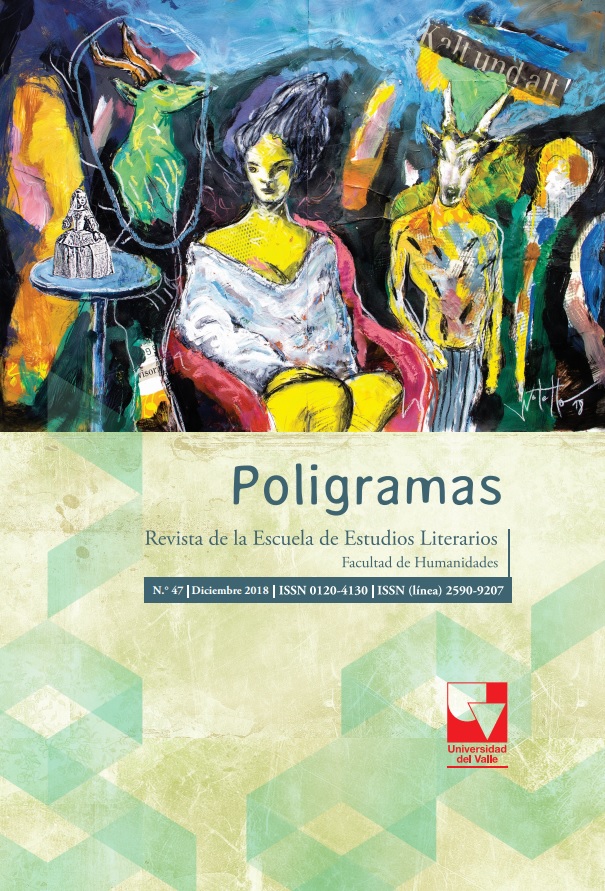Alejandro Zambra: towards aesthetics of containment in the contemporary Chile
Main Article Content
The Chilean author Alejandro Zambra has become an emergent figure in the Latin American literary milieu in the last years. In Chile, he has achieved wide recognition and his works have been linked with a generational narrative characterized by literary landscapes of the Chilean post—dictatorship, as well as for the current cultural global-ization. In his short books, novels and stories —Bonsái (2006), La vida privada de los árboles (2007), Formas de Volver a casa (2011), Mis documentos (2013) y Facsímil (2014)— it is possible to notice a permanent insistence towards intimate, containment, private sphere. Based on a sociological—cultural analysis of the individuation in the current society —and Chilean society in particular—, this article shows two hypotheses on Zambra’s novels: on the one hand, his writings describe the biographical privatization under the Chilean neoliberalism. And, on the other hand, his narratives may be perceived as an analytic source for the study of the memory in Chile. Through the analysis of specific passages of Zambra’s novels, this article attempts to lay out both hypothesis, and tries to understand both as an aesthetics of containment.





